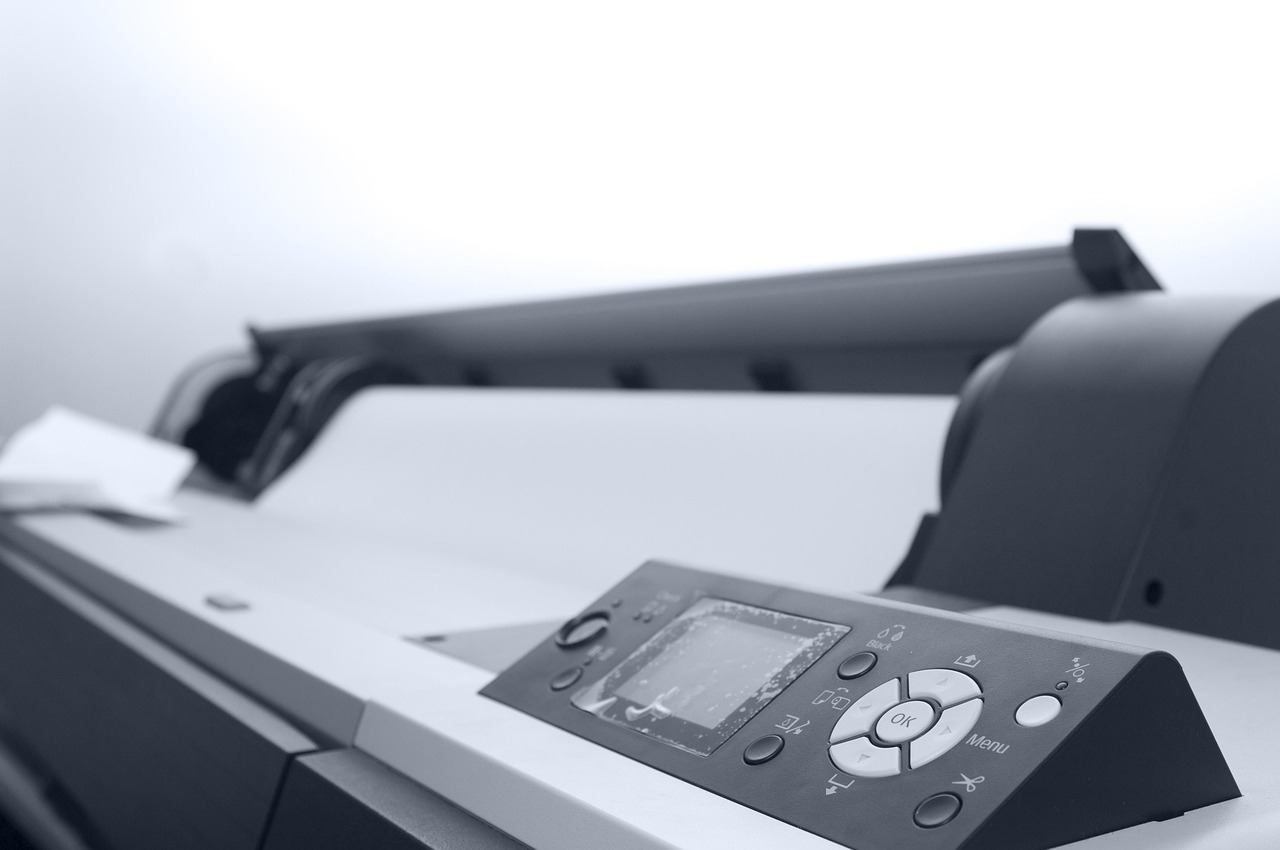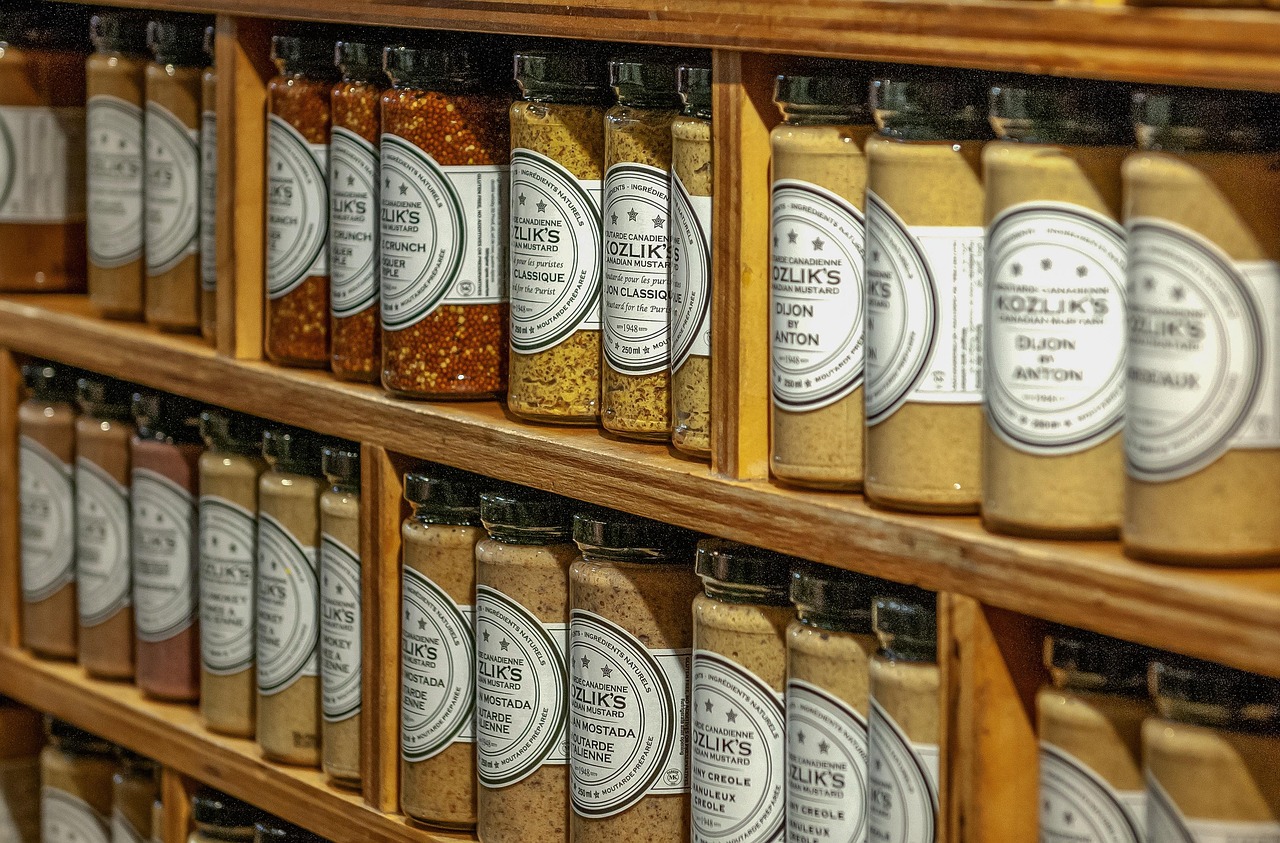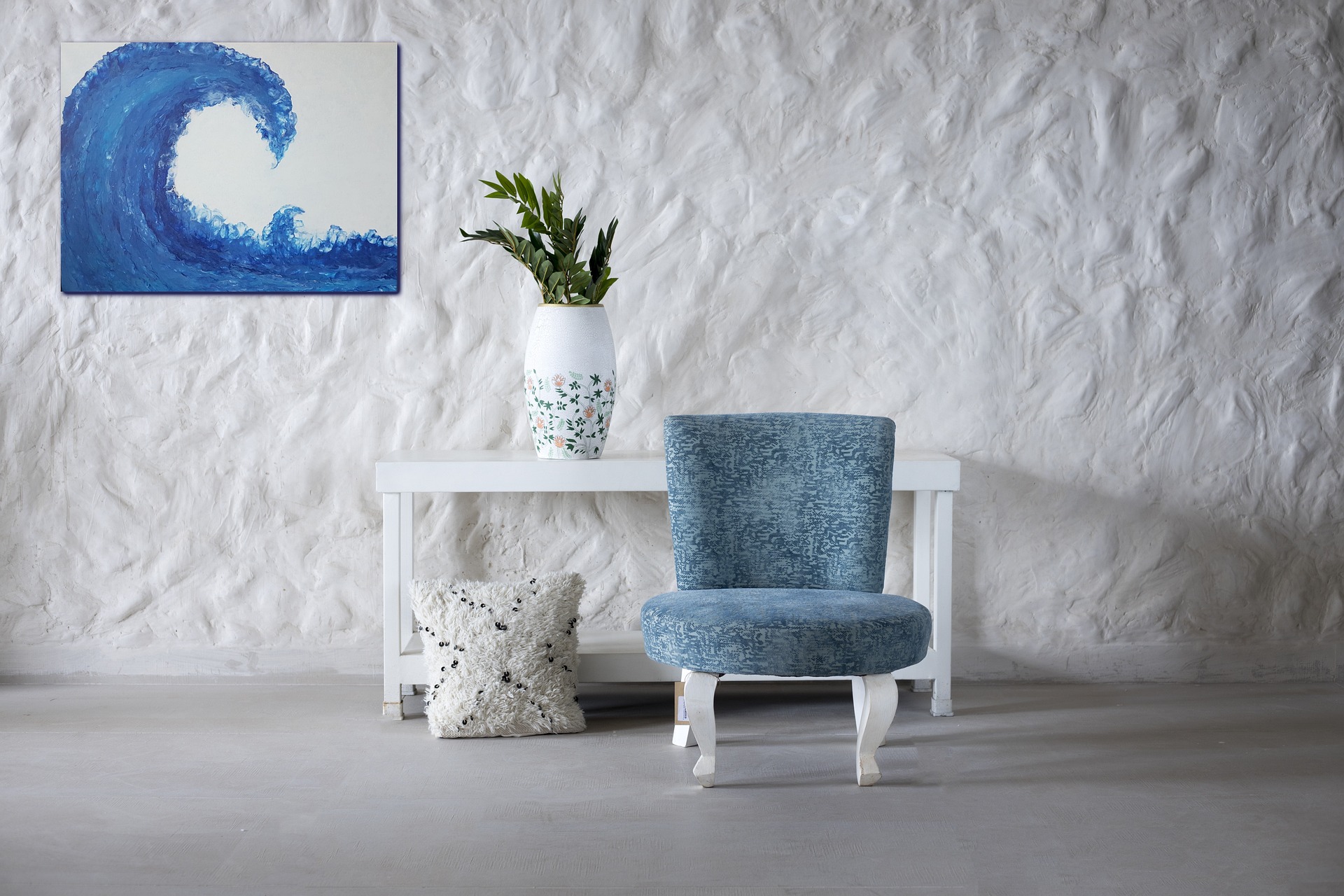Bunny rabbits are often used as a symbol of fertility, thanks to their breeding capacities. Bunnykins figures were actually the brainchild of a young girl, Barbara Vernon Bailey, who was the daughter of Royal Doulton’s managing director, Cuthbert Bailey. Growing up, Barbara filled countless sketchbooks with drawings of the countryside and its animals, like cows, guinea pigs, dogs, and cats, but she was most intrigued by the wild rabbits that featured in her father’s adventurous bedtime stories. In 1934, when Cuthbert Bailey started a nurseryware collection, he drew inspiration from Barbara’s illustrations.
By this time, however, Barbara was now Sister Mary Barbara of the Augustine Order and lived in a convent in Sussex. Although not too keen on the idea initially, she allowed her father to use the drawings on the condition that there would be no profit incentive for her or the convent. This did mean that the convent lost out on an easy and useful source of income. Barbara set about recreating the whimsical illustrations from her memories. Mr. Rabbit was the main character, whose round glasses and pipe made him remarkably resemble her father. Her bunnies were shown dancing, cooking, and gardening, and Doulton’s Bunnykins pottery was an instant hit. Around the time of World War II, Bunnykins had been featured in 66 various scenes adorning bowls, pots, cups, plates, and other crockery.
Bunnykins pottery tableware was created in 1939 by the Doulton’s main artist, Charles Noke, with a limited production of six figures, which meant that these items are rare and sought after by serious collectors. In 1972, Albert Hallam designed another set of Bunnykins figurines in which Sleeptime Bunnykins and Artist Bunnykins, among others, were reflected in the traditional designs of Walter Hayward. Bunnykins pottery was introduced to adults in the 1980s, when Harry Sales, a design manager, realized these items could potentially appeal to adults. Bunnykins was now featured jogging and playing the guitar, and special edition models were also commissioned.
Today, Bunnykins figurines bearing Barbara’s signature produced in the pre-1950s time are in high demand. Although the standard price range is between £50 to £100, rare Bunnykins pieces go for up to £300. Bunnykins pottery items produced more recently are comparatively affordable, and you can find one between £10 to £35 from garage sales or flea markets. There is also a loyal club that issues notices about new products to Royal Doulton collectors.







